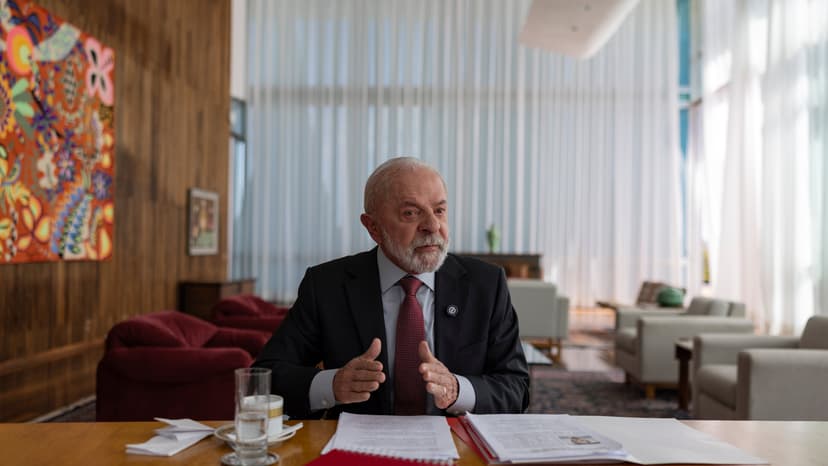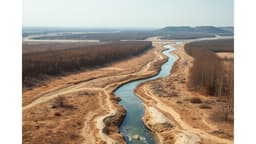Home / Environment / Lula's Climate Conundrum: Amazon Oil Drilling Clouds Brazil's Green Agenda
Lula's Climate Conundrum: Amazon Oil Drilling Clouds Brazil's Green Agenda
4 Nov, 2025
Summary
- Brazil's President Lula vows to curb Amazon deforestation, but allows oil drilling near the river
- Deforestation in the Amazon dropped 50% under Lula, but Congress weakens environmental protections
- Lula defends oil drilling to fund Brazil's clean energy transition, despite criticism from climate advocates

In 2025, as Brazil prepares to host the UN climate summit, President Luiz Inácio Lula da Silva finds himself navigating a delicate balance between his ambitious environmental agenda and the economic realities facing his country.
Since returning to power in 2023, Lula has made significant strides in restoring Brazil's reputation as a global leader on climate action. Deforestation in the Amazon rainforest, a crucial carbon sink, has dropped 50% under his watch, and the country's greenhouse gas emissions fell 12% in 2024.



